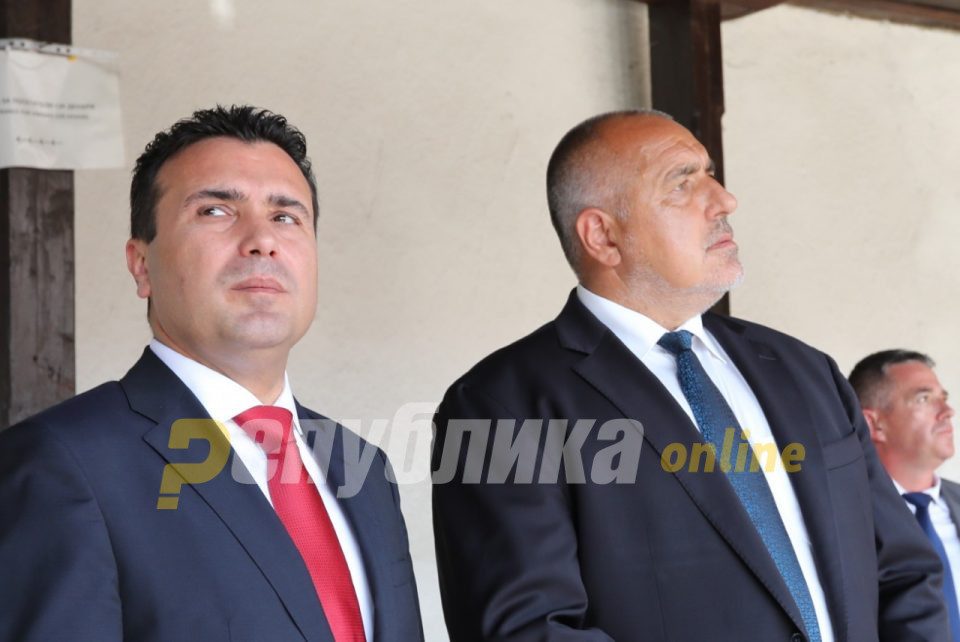Giving ethnic characteristics to fascism is unacceptable. Whether it is in Bulgarian or any other context. The dark pages of Balkan and European history should not be an obstacle to the development of good neighborly relations in the Balkans and Europe, said Prime Minister Zoran Zaev today, expressing regret that his interview with a Bulgarian media caused great dissatisfaction among the public.
Although there was a warming of relations between Yugoslavia and Bulgaria after the participation of the Bulgarian armies in the fight against the fascists, after 1948 it is a fact that there was an “iron curtain” between Yugoslavia and Bulgaria and serious historical-political conflicts over the “Macedonian issue”. Today we need to work on removing the consequences of the ‘iron curtain’ that are still being felt between Macedonia and Bulgaria, Zaev said.
He said that he is fully aware of the strong negative emotions, of which he is fully aware and knows and understands in detail.
But at the same time I have an obligation to the Macedonian citizens to encourage movement towards a solution to the issues that have arisen with the Republic of Bulgaria and that have become an obstacle to the approval of the negotiating framework. Both peoples, Macedonians and Bulgarians, need to face those issues of history and develop and maintain a capacity for understanding and forgiveness. The peoples of Europe have agreed not to forget, but to forgive each other. Because of the future. Because of the common future in the European Union which is an example how the deepest differences and historical conflicts were left in the past. That is my best intention and I will always represent that intention as long as there is the slightest chance for solutions and for the success of our EU membership process with the start of negotiations. Our statehood is based on the works of anti-fascism. Our freedom is a result of anti-fascism, said Zaev.




Comments are closed for this post.